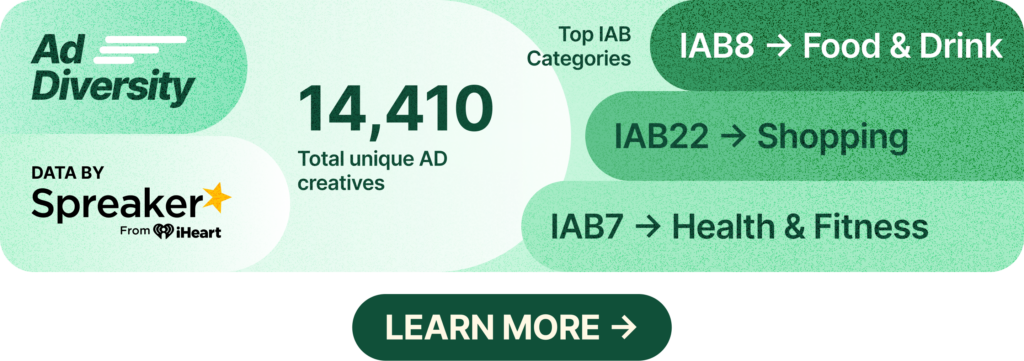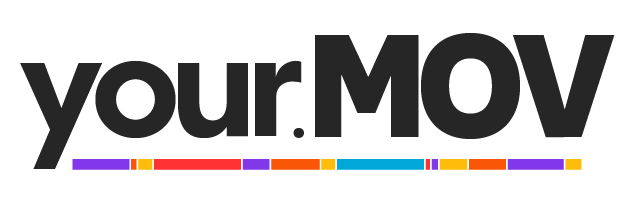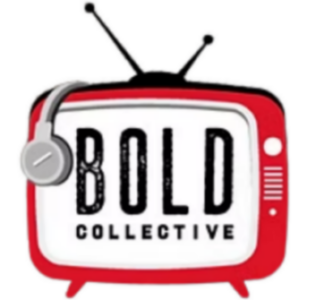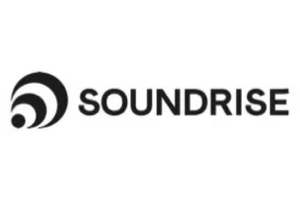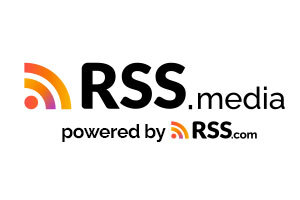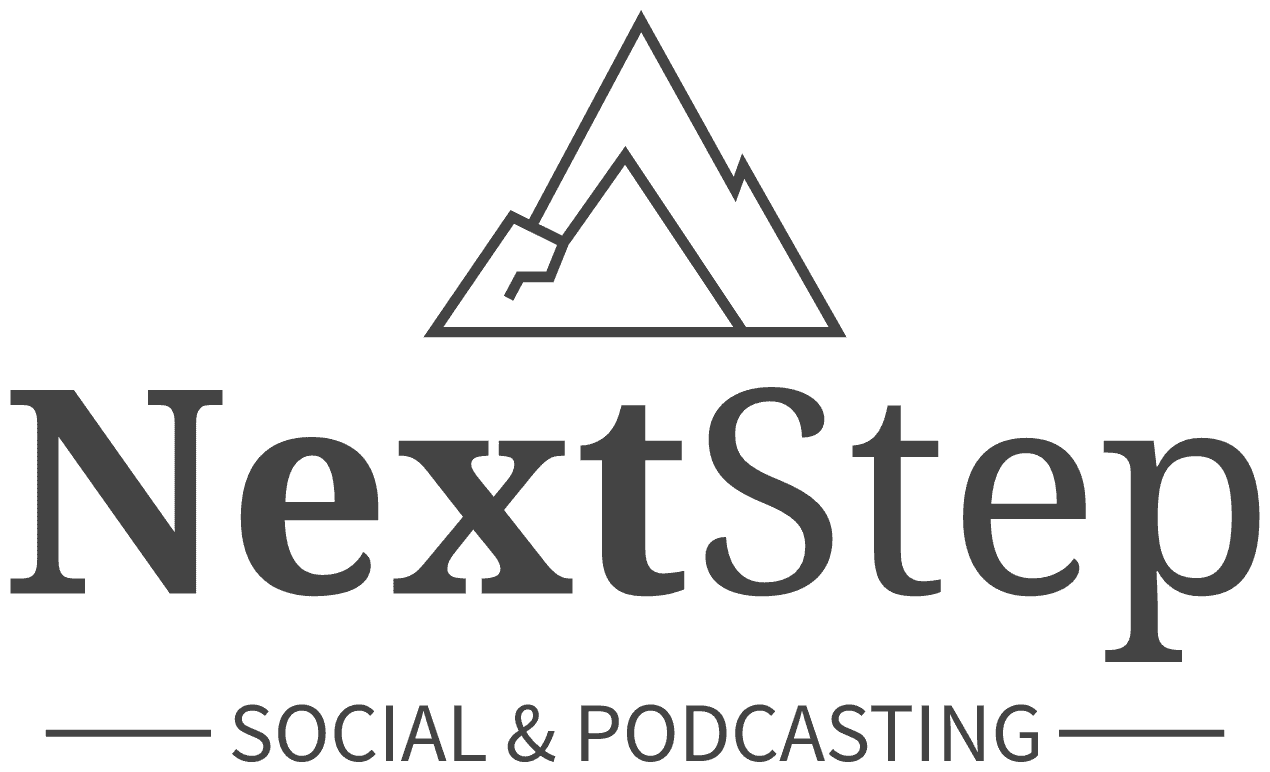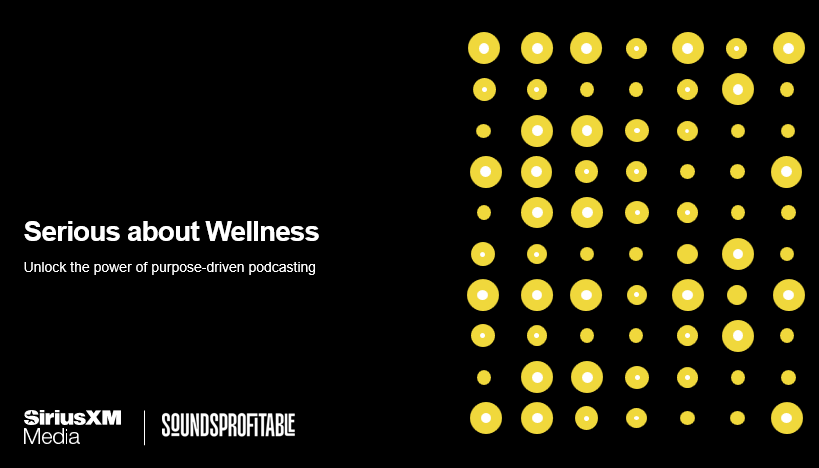Today in the Business of Podcasting
Edison Q3 2023 “Share Of Ear”: AM/FM In-Car Listening Surges To Pre-Pandemic Norms, Spoken Word Grows To Highest Level, And Pandora and Spotify Are Down by Pierre Bouvard
This final quarterly report from Edison Research has arrived, built from a survey of 4,000 U.S. citizens. Key findings include the headline-spoiler that AM/FM radio listening is higher than it was before the pandemic, as well as Spotify and Pandora’s ad-supported music streaming shares decreasing 31% since 2016. Podcast share-of-ear is up 575% since then. Spoken word content is at an eight-year high, with ad-supported spoken word listening with the 25-54 demographic hitting 39% in Q3 of this year. [Source]
Spotify Inks Podcast Deal With Warner Bros. Discovery for CNN, HBO and More Shows by Caitlin Huston
The new deal between Spotify and Warner Bros. Discovery will allow companies under the WBD umbrella to distribute their shows through Spotify. Podcasts from the various companies under the WBD umbrella, including CNN, Adult Swim, Turner Classic Movies, TruTV, and Max (formerly HBO) will be distributed by Megaphone. This is their second deal struck with Spotify this year, paired with the multi-year deal signed in March for Spotify to produce podcast adaptations of DC Comics properties. Warner Bros. Discovery also has their existing distribution and monetization deal with Acast for podcasts produced under the Food Network, TLC, HGTV, Animal Planet, Travel, and Discovery Channel brands. [Source]
TikTok, gaming, and AI will define the advertising landscape in 2024, report says
A new report from Forrester says 2023 was somewhat rocky for big media and tech companies, but they’re now in a position to cement their value with advertisers in the coming year. Their analysts predict TikTok has the momentum to land the majority of ad budgets targeting Gen Z in 2024. AI-generated deepfake ads are a large concern for the 2024 election season and could be a large contributor to disinformation campaigns. Current defenses against this include Google requiring political advertisers to “prominently disclose” use of generated content, and Meta has introduced restrictions on synthetic content in political ads. The Forrester report suggests bad actors will ignore these rules anyway, though creative scanning at the demand-side platform and supply-side platform level could help prevent those instances. [Source]


